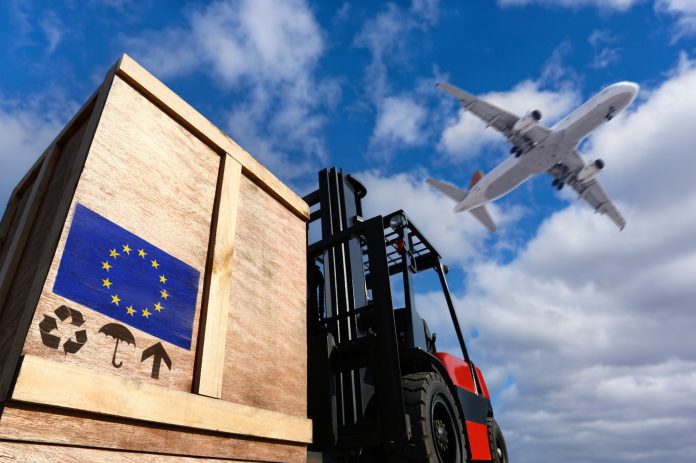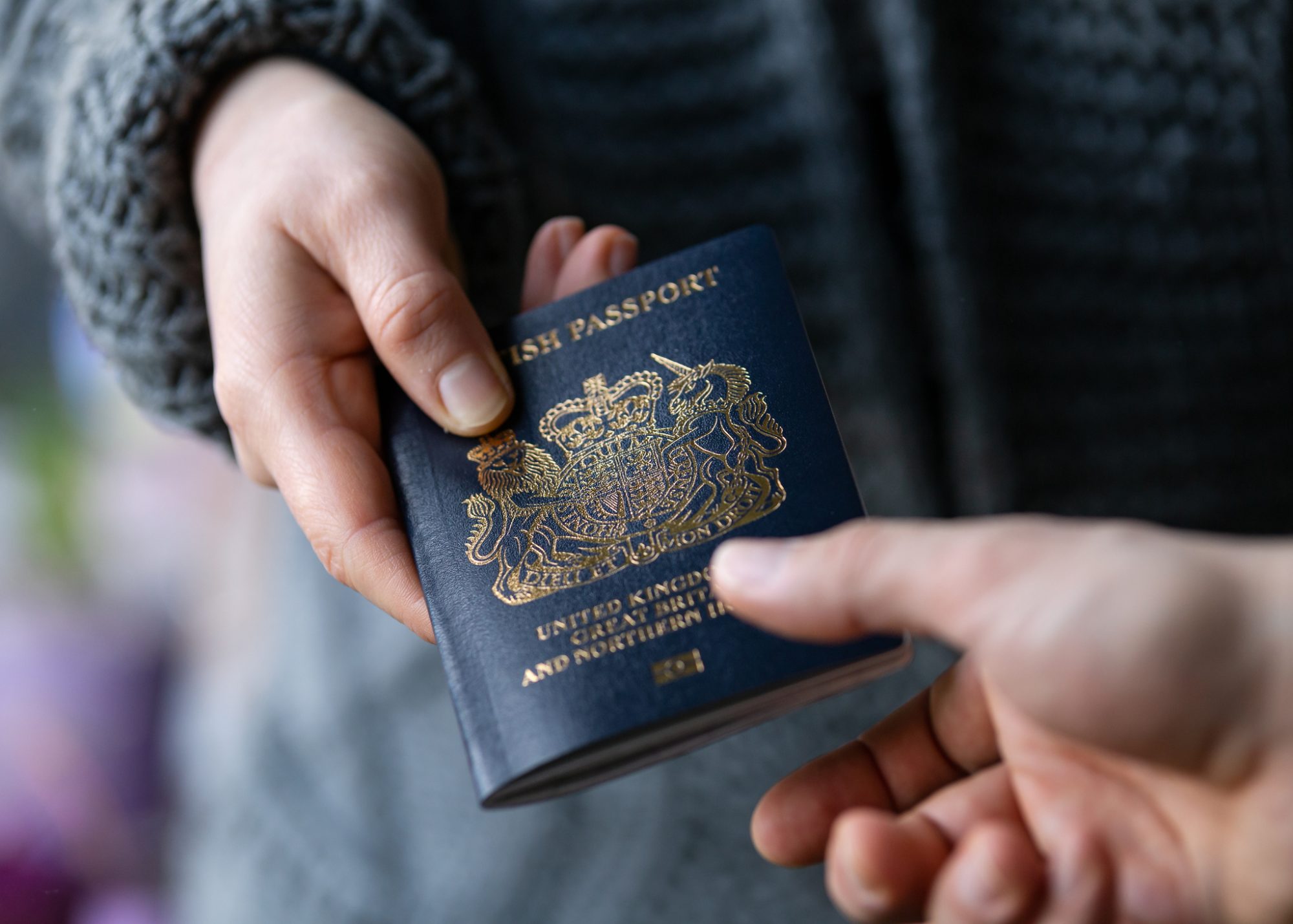[ad_1]

Since January 31, 2020, British citizens saw their EU rights shift, and not for the better. Getting to grips with changing regulations, notably work visas, has been difficult but ensuring you understand these changes is vital for smooth post-Brexit travel and entry
The complex patchwork of rules that are now in place needs to be better understood, particularly for those who want to work within the EU.
For British workers who seek to work in the EU, understanding the altered travel and work visa rules has become crucial to avoid being denied entry.
There have been some well-publicised cases of sectors grappling with the new rules. The UK’s music industry, renowned worldwide, is facing a new world post-Brexit, with new permissions needed for musicians and other performers to work across borders.
New permissions are needed for musicians and other performers to work across borders.
Even Elton John said that he had to cancel several shows in the EU in 2022 because of the new rules on travel and customs.
This is why it is important to make sure your post-Brexit travel is properly organised.
Understanding tourism and long stays for smooth post-Brexit travel
Each country has its visa arrangements, but the withdrawal agreement between the UK and the EU did establish some principles.
- Firstly, British citizens do not need to apply for a Schengen visa to travel to the Schengen area, but there are limits on how long they can stay.
- Visitors, whatever the purpose of their travel, can spend up to 90 days in the Schengen area in any 180 days unless they have a work, study or permanent stay visa.
This is a “rolling” limit, which means that any UK traveller will need to check that over the previous 180 days, they have not already breached the 90-day limit.
Tourist travel and business trips contribute towards this 90-day total – so a week’s holiday in Paris, followed by a seven-day work trip to Berlin, would be calculated as 14 days.
Work visas for post-Brexit travel
Despite this 90-day limit, work visas can be required by EU member states even if UK citizens are working in the EU for a much shorter period. Generally, if you work in an EU member state, you will require a visa, even if you are self-employed.
Post-Brexit, British citizens are now subject to the exact visa requirements as non-EU nationals working in EU countries. Visa applications can involve additional paperwork, waiting periods, and potential fees.
The visa processing time typically varies from one to three months. Documents required for an application include a valid passport, visa application form, recent photograph, proof of financial support, proof of accommodation, and a letter from your employer or school, if applicable.
These documents will be required to support their visa application.
To ensure a smooth application process for a long-term Schengen visa, it is essential to bring the proper paperwork, apply well in advance, and be prepared to answer questions about your stay purpose and financial situation.

Business travel in the EU can be tricky
Business travel can be a grey area. A short business trip involving meetings or conferences only sometimes requires a visa. You will need access, however, if:
- Your work stay is longer than 90 days (within 180 days).
- You’re conducting an ‘intra-corporate transfer.
- You’re self-employed and providing services in an EU member state.
- You offer services in an EU member state where your employer has no local presence.
But, even if those rules sound relatively straightforward, there are judgements to be made about what constitutes work.
Does delivering training or attending an annual company week-long retreat require a visa?
Each country oversees its visa rules and interprets what can be allowed without a ticket differently. Helpfully, the Government has written a guide for each EU and Schengen country, which sets out the rules for each country.
Those who travel for work should be aware that there is likely to be even more vigorous enforcement of these new rules around the corner with the introduction of the mandatory online visa waiver scheme – which is due to come into force in 2024.
Like the US ESTA visa waiver scheme, this “European Travel Information and Authorisation System (ETIAS)”, which will need to be applied online, will allow visitors from the UK to visit Europe without applying for a short-stay visa. However, this will not permit to work in Schengen countries – work visas will still be required.
At the same time, new services have been introduced to make travel more seamless.
Convenient visa application assistance
For travellers from the UK to Italy, Denmark, Czech Republic, Malta, Croatia, Cyprus, India, South Africa and Ireland – VFS Global has introduced Visa at Your Doorstep (VAYD) optional tailored service whereby applicants don’t have to visit the visa centre and can submit the visa application from the comfort of their home, office or any other preferred location.
VFS Global’s team visits the applicant at a scheduled time and date and helps them with the application submission process.
They will take a visa applicant’s biometric details and checks their documentation to ensure it is filled in correctly and provide all the necessary clarifications.
Whether you are a ski instructor travelling to the Italian Alps, a CEO addressing a tech conference in Denmark, or a TEFL teacher travelling to Cyprus, you last want to consider your visa.
But in this new era, knowing the rules and the “life hacks” are essential to save time and stress. Especially when working in the EU, it’s prudent to be prepared.
This piece was written and provided By Yummi Talwar, COO of Europe and CIS region at VFS Global.
Editor’s Recommended Articles
[ad_2]
Source link
